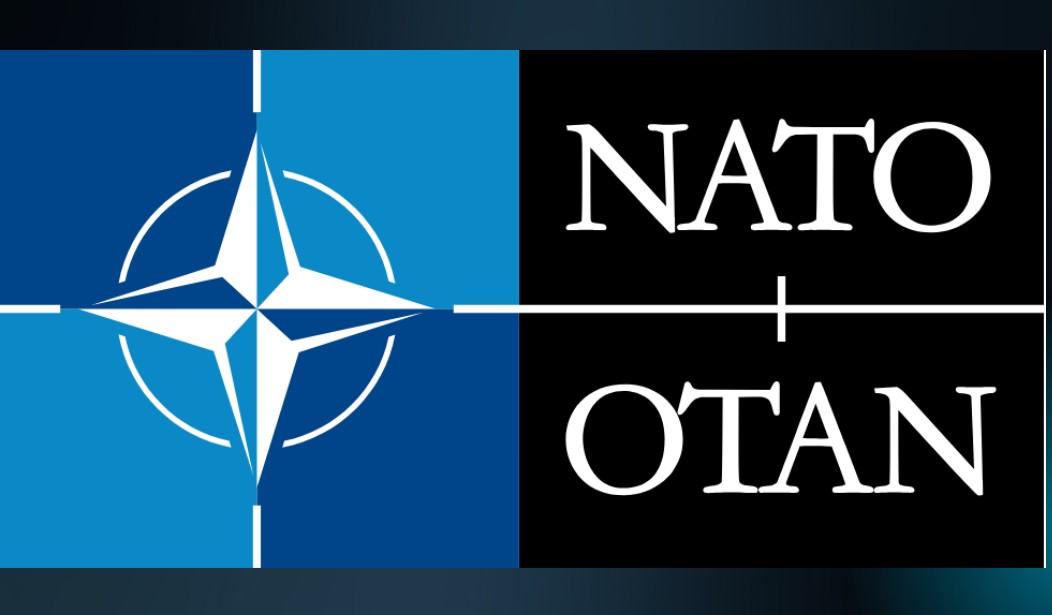Protecting Europe safeguards stability, security, and economic prosperity for both Europe and the United States. Or perhaps to put it another way, defending Europe, irrespective of whether one thinks it necessary or justified, is in and of itself an “America First” foreign and economic policy.
The geopolitical landscape since the fall of the Berlin Wall has undergone significant transformations, leading to a reevaluation of international relations. Amidst these dynamic changes, it must be understood that it remains imperative for the United States, as the sole superpower, to protect our European allies from any hostile force, including Russia, in line with our obligations outlined by the North Atlantic Treaty Organization (NATO). This of course was also at the heart of the creation of the European Recovery Program, also known as the Marshall Plan.
Following World War II, the United States implemented the Marshall Plan to assist in the economic recovery of Western Europe, recognizing the interdependence between the two regions. It remains a testament to the enduring strategic partnership between America and Europe, founded on shared values, democratic principles, and a mutual commitment to economic prosperity and collective security.
Supporting our European allies is not only a matter of historical significance but also a testament to the astounding accomplishments witnessed in the post-war era. From the establishment of democratic values to the extraordinary economic growth that followed, our partnership with Europe has yielded remarkable results.
By maintaining robust transatlantic cooperation and fulfilling our moral obligations to NATO, the United States can build upon this legacy of collaboration and ensure the continued stability, security, and prosperity of both Europe and the United States. It is also imperative that we consider the substantial number of Americans who live and work in Europe. And this alone underscores the importance of America safeguarding our European allies.
According to statistics, an estimated nine million Americans reside abroad, including as many as two million who live in Europe and Eurasia, many of whom are members of the military, diplomats, or civilians engaged in various industries. This more than demonstrates the need for a deep-rooted commitment to the region while underscoring the mutual benefits derived from close ties with Europe. Protecting Europe from hostile forces is crucial for the safety and well-being of American citizens abroad and maintains their positive contributions to European societies.
Beyond geopolitical stability, the economic implications of a potential attack on Europe cannot be underestimated. Europe stands as one of the largest trading partners of the United States, representing nearly half a trillion in bilateral trade. European markets provide American companies with vast opportunities for investment, growth, and job creation.
An attack on Europe by a hostile force would severely disrupt these economic ties, leading to a ripple effect that would impact global markets. As we learned from the COVID lockdowns, the interconnectedness of economies in the modern era means that economic shocks in one region can quickly spread globally. The disruption of trade, supply chains, and investment flows between Europe and the United States would not only harm both economies but would also have detrimental consequences for the global economy.
Moreover, Europe serves as a hub for innovation. The EU has not only closed the performance gap with America but has also surpassed Japan, showcasing its remarkable progress. While the United States still maintains a performance advantage, the EU's remarkable rise has placed it firmly on the global stage, paving the way for a new era of European excellence. By protecting Europe from hostile forces, the United States ensures the preservation of an environment conducive to collaboration, knowledge-sharing, and technological progress.
It cannot be overstated that the United States, as the sole global superpower, has a moral and strategic obligation to protect its European allies from any hostile force in accordance with the principles enshrined in NATO. Building upon the historical significance of the Marshall Plan, the presence of American citizens in Europe, and the economic implications of an attack on Europe, it becomes evident that safeguarding our European allies is crucial for maintaining global stability, security, and economic prosperity.














Join the conversation as a VIP Member